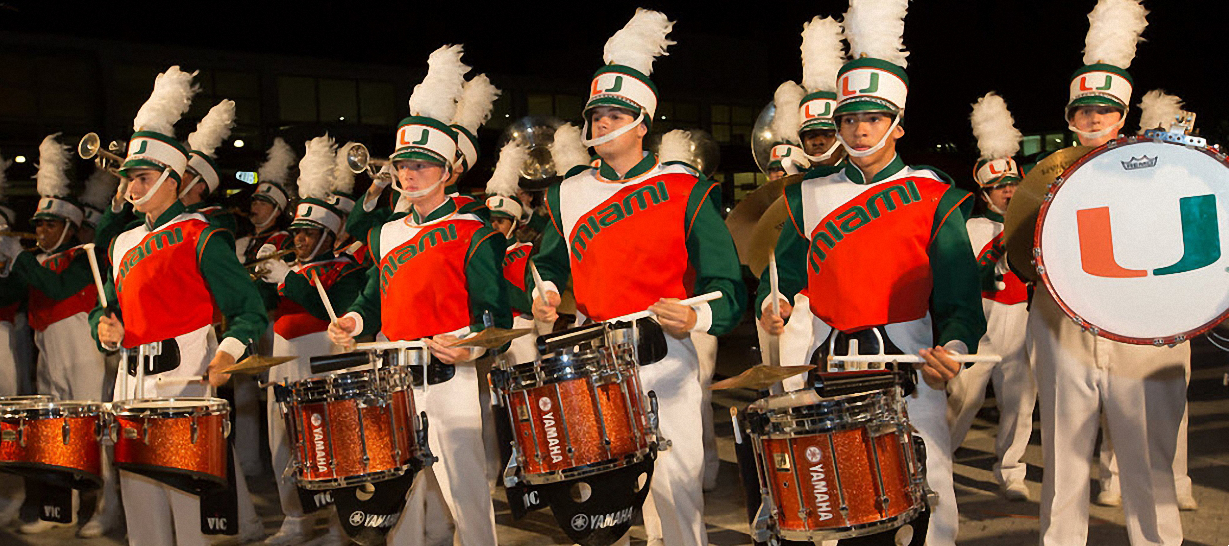Tuesday April 30, 2024
Burial Benefits for Veterans
What types of funeral benefits are available to veterans? My parent served in the military many years ago and I am wondering if they are eligible for any benefits.
The Department of Veterans Affairs (VA) National Cemetery Administration offers a variety of underutilized burial benefits to veterans as well as to their spouses and dependents.
Most veterans (both combat and non-combat) who did not receive a dishonorable discharge are eligible for burial benefits. To verify a service member’s discharge, review a copy of their DD Form 214 “Certificate of Release or Discharge from Active Duty.” If your parent does not have a copy of this form, it can be requested online at Archives.gov/veterans.
Here is an overview of the different benefits that are available to veterans with a non-service-related death.
Military Cemetery Benefits
Eligible service members can be buried in one of the 155 national or 119 state, territory or tribal-operated cemeteries. Visit online at Cem.VA.gov/find-cemetery/ to search for a national cemetery in your area. In addition to the gravesite, the VA provides other benefits including opening and closing of the grave and perpetual gravesite care, a government headstone or marker, a United States burial flag that can be used to drape the casket or accompany the urn and a Presidential Memorial Certificate. If your parent is cremated, their remains will be buried or inurned in the same manner as casketed remains.
Funeral or cremation costs are generally not paid by the VA. While these costs are the responsibility of the veteran’s family, there are some exceptions. To find out if a veteran or their survivors are eligible for a burial allowance, review the details at VA.gov/burials-memorials/veterans-burial-allowance/.
The VA also operates a memorial website called the Veterans Legacy Memorial for any veteran buried in a national, state, territorial or tribal cemetery. This digital platform allows families to post pictures and stories of their loved ones to remember and honor their service.
If you are interested in these VA options, the VA has a pre-need burial eligibility determination program to help you plan. Visit online at VA.gov/burials-memorials/pre-need-eligibility to find out the steps to apply or call the National Cemetery Scheduling Office at 800-535-1117.
Private Cemetery Benefits
The VA also provides benefits to veterans buried in private cemeteries. If someone chooses this option, the VA benefits include a free government headstone or grave marker, a medallion that can be affixed to an existing privately purchased headstone or marker, a burial flag and a Presidential Memorial Certificate. As mentioned above, funeral or cremation arrangements and costs are the responsibility of the veteran’s family, and there are no benefits offered to spouses and dependents that are buried in private cemeteries.
Military Funeral Honors
Another popular benefit available to all eligible veterans buried in either a national or private cemetery is a military funeral honors ceremony. This includes an honor guard detail of at least two uniformed military persons, folding and presenting the U.S. burial flag to the veteran’s survivors and the playing of Taps. The funeral provider you choose will be able to assist you with all VA burial requests.
For a complete overview of burial and memorial benefits, eligibility details and required forms visit Cem.VA.gov.
Burial Allowances
In addition to the burial benefits, some surviving spouses may also qualify for a burial allowance of $948 and a private cemetery plot allowance of $948. In addition, a benefit of $231 is available for a headstone or grave marker allowance. To determine eligibility or to apply, visit online at VA.gov/burials-memorials/veterans-burial-allowance.
Savvy Living is written by Jim Miller, a regular contributor to the NBC Today Show and author of "The Savvy Living" book. Any links in this article are offered as a service and there is no endorsement of any product. These articles are offered as a helpful and informative service to our friends and may not always reflect this organization's official position on some topics. Jim invites you to send your senior questions to: Savvy Living, P.O. Box 5443, Norman, OK 73070.
Published March 15, 2024
Previous Articles
Navigating Prescription Expenses
Dividing Personal Possessions Without Dividing the Family
Driving Safety Tips
Does Medicare Cover Weight-Loss Treatments?
Do I Need to File a Tax Return This Year?





















